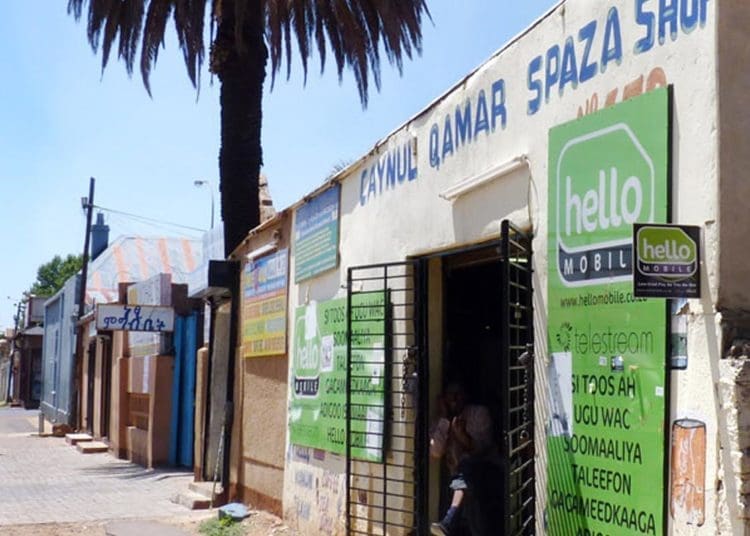By: Tebogo Mokwena
SA Spaza and Tuck Shop Association (Sasta) president Rose Nkosi has called on spaza shops to join forces and open a hypermarket owned by them. She believes small businesses from different sectors should do the same as it will help strengthen their economic performance. Nkosi, whose association represents spaza shops nationally, said that if these shops joined forces in this manner it would give them a bigger slice of the retail pie.
“Spaza shop owners need to stay together and structure a superstore where they can each have a stake, and be able to have independent ownership of a bigger portion of the retail value chain,” she told Vutivi News. “Spaza shops have an opportunity to lift South Africa out of its economic mire because such businesses are home-based, and have been part of our people’s lives for many years as they enable people to shop without having to go to the bigger players.”
Nkosi said that SMMEs could also do the same, and have a hypermarket that was owned by different small businesses. “SMMEs can, for example, have a hypermarket in which the bakery section is owned by one or two bakeries, the clothing section can be owned by clothing businesses and the meat section can be owned by small butcheries,” she explained. “Doing this will enable these businesses to create and own their own access to markets.
“There are hypermarkets like Game and Makro which have food, clothing and also furniture, and our people should be able to do the same.” Nkosi also called on the government and South African billionaire Patrice Motsepe to support her idea of a mall in Soweto that would be owned by black SMMEs. Such a mall would create ownership opportunities for small businesses. “SMMEs should have a mall that houses only small businesses so that they can be given a platform to scale and contribute to the township economy,” she said.
“It is equally important for black business owners to come together and give each other opportunities so that they can grow,” Nkosi said that black-owned businesses struggled with black people refusing to support them by keeping opportunities to themselves and not supporting each other. “For example, you’d find someone that makes beautiful clothing in the township and someone would buy something from them but would lie when someone asks them where they bought it,” she said.
“This type of mentality is crippling black businesses.” She also said that many spaza shops struggled with compliance, and their owners needed to do more to rectify this situation so that they could get more business opportunities.

























































